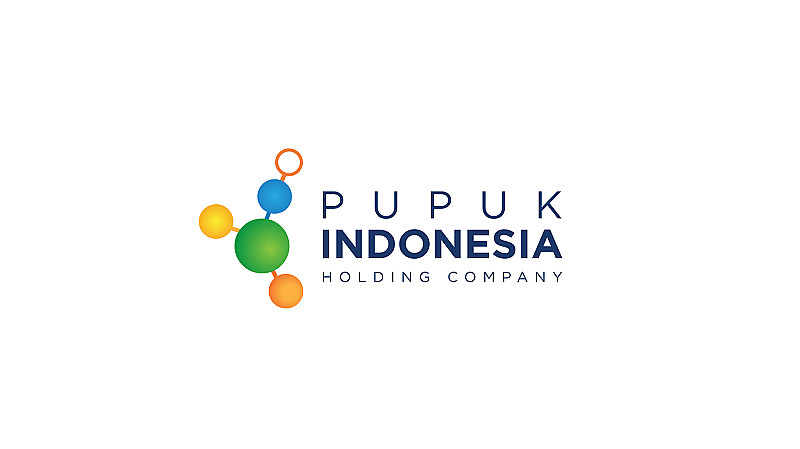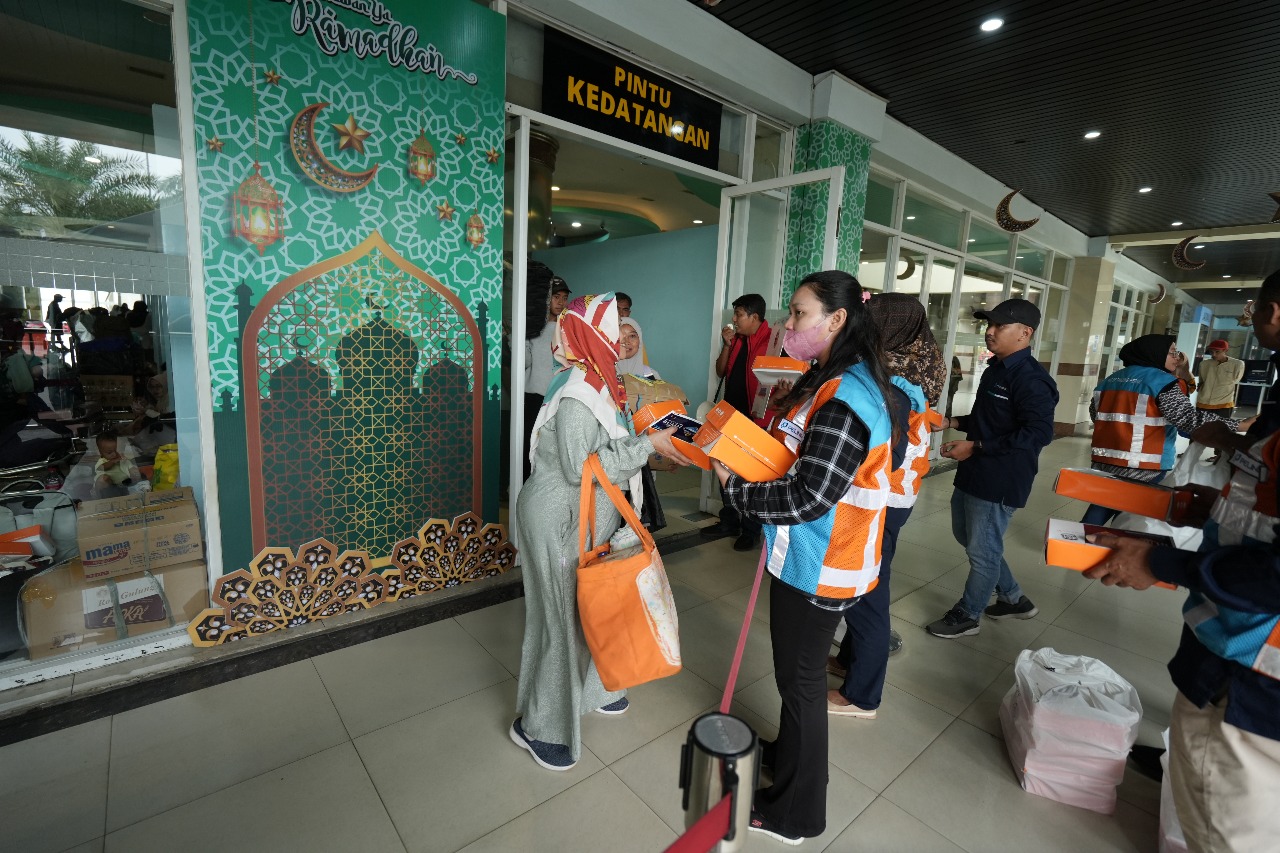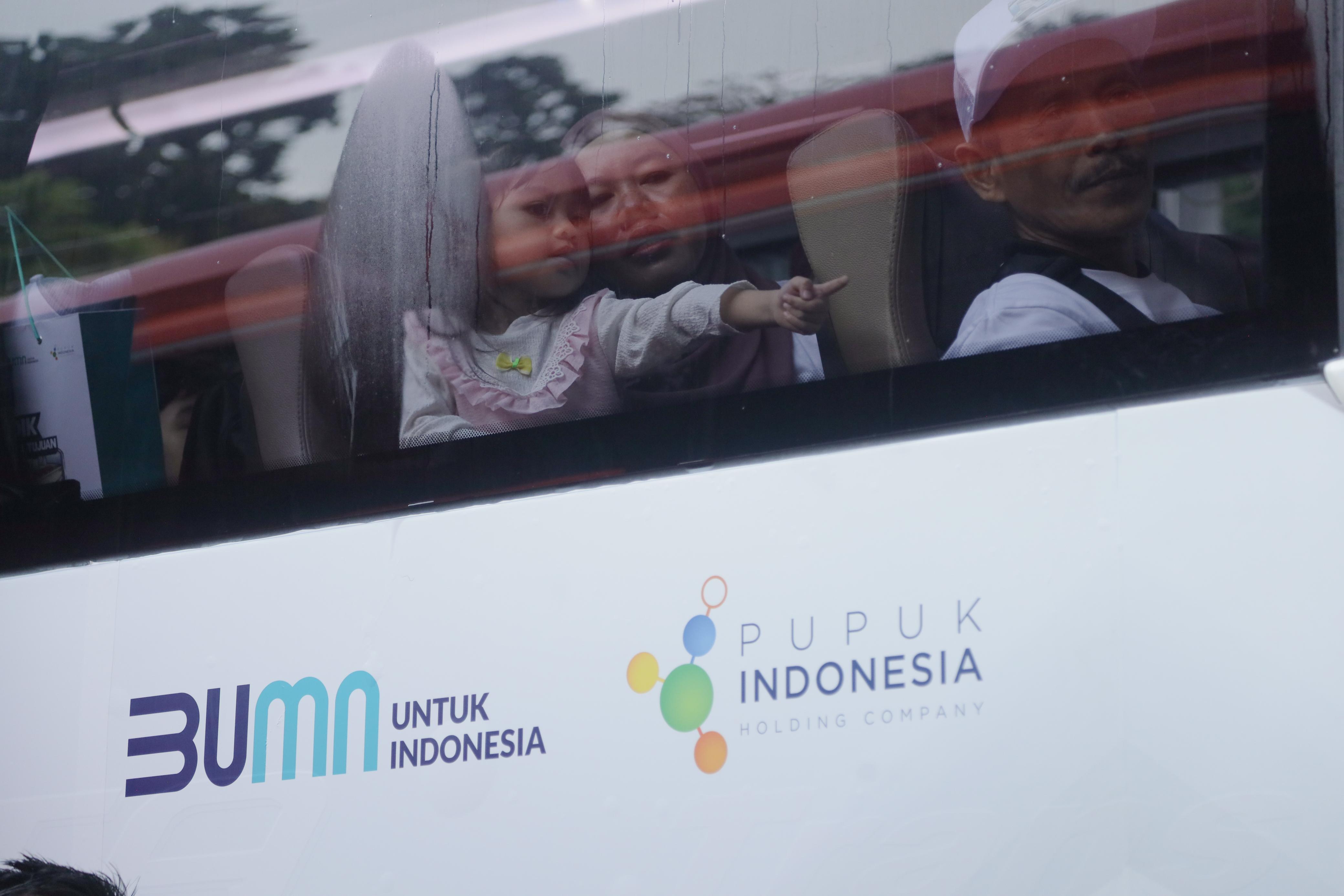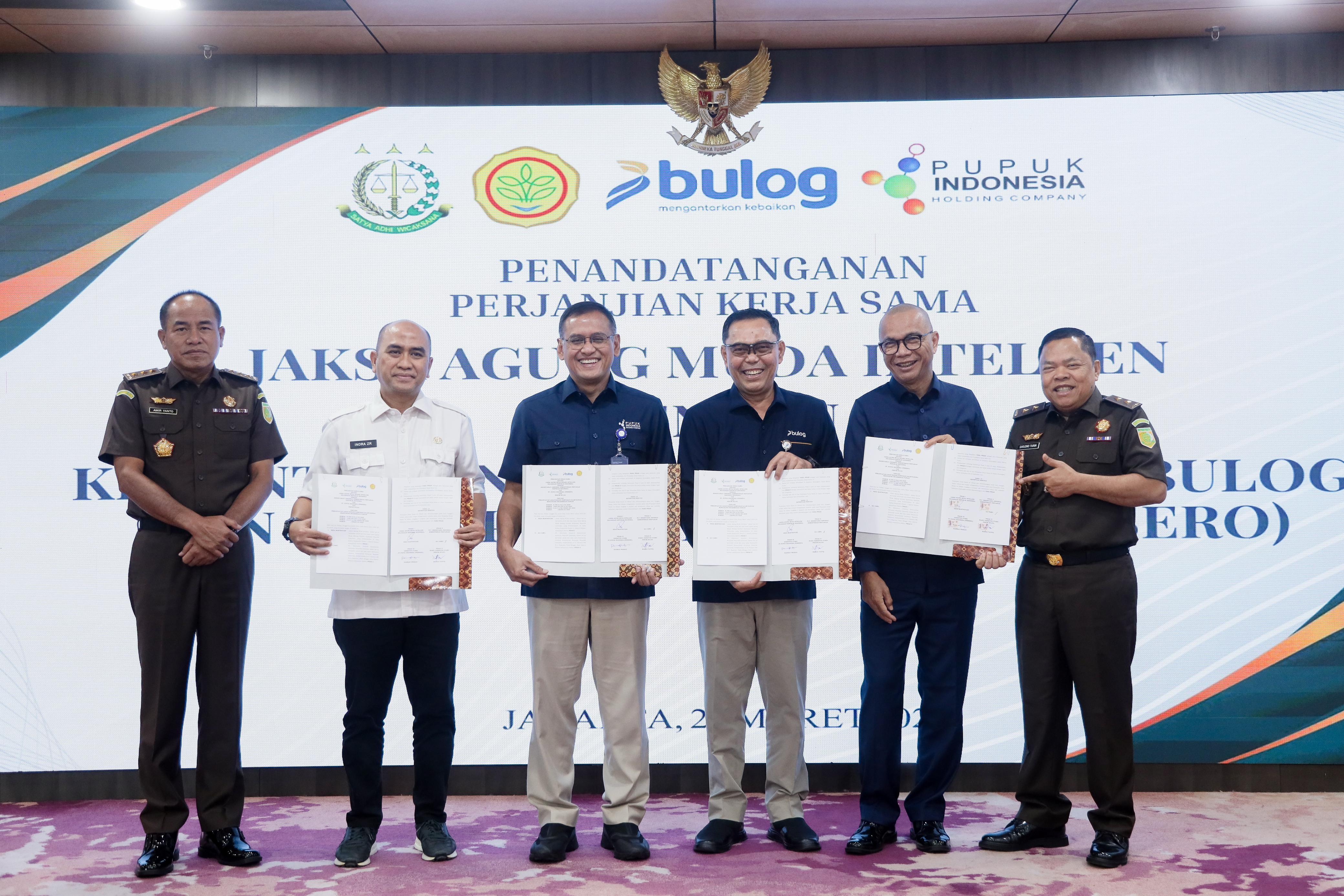Pupuk Indonesia Invites Farmers to Increase Productivity and Income through the Makmur Program

JAKARTA – On National Farmers' Day, Sunday (24/9/2023), PT Pupuk Indonesia (Persero) again invited farmers throughout the country to increase productivity and income from farming through the Makmur program.
The President Director of Pupuk Indonesia, Rahmad Pribadi assesses that agriculture is a strategic sector that supports national food security. However, in 2023, agriculture is facing a long drought and low rainfall due to the impact of the phenomenon of rising sea surface temperatures or El Nino.
"The occasion of National Farmers' Day is an encouragement for us to continue to help farmers face various agricultural challenges so that their agricultural productivity can be maintained, even increased in a sustainable manner," said Rahmad.
Under these conditions, one of Pupuk Indonesia's efforts is to support agricultural intensification, namely by providing subsidized fertilizer according to allocation, increasing the availability of non-subsidized fertilizer in various regions, providing appropriate fertilizer recommendations, thereby improving the quality of land management through the Makmur program.
For Makmur, this program is an ecosystem that connects farmers with a number of state-owned companies. Makmur aims to increase farmers' productivity and income from farming results. This program was launched by BUMN Minister Erick Thohir in 2021.
According to Rahmad, farmers who join the Makmur ecosystem will get many benefits. Starting from technical and cultivation guidance, guaranteed supply of non-subsidized seeds and fertilizers, insurance to protect against the threat of crop failure, easy access to capital through banking, to guaranteed purchases of agricultural products at competitive prices.
"So that the supervision is very complete from upstream to downstream of agriculture. "Because Makmur is an independent-based agricultural ecosystem with non-subsidized fertilizer," added Rahmad.
As of August 2023, Pupuk Indonesia has implemented the Makmur program on 226,299 hectares of land or 131 percent of the target of 172,667 hectares. Likewise with increases in productivity, such as rice increasing by an average of 14 percent, corn increasing by an average of 23 percent, sugar cane increasing by an average of 27 percent, coffee increasing by an average of 48 percent, and palm oil increasing by an average of 7 percent.
This program, which stands for Mari Kita Makmurkan Usaha Rakyat (Let Us Prospers People's Business), is in great demand by various farmers. One of them is Mifta Huda, a potato horticulture farmer from Dieng who hopes that the Makmur program can answer the various obstacles faced by farmers. He said some of the obstacles in question were meeting fertilizer needs and market access. According to him, potato productivity in Indonesia is not optimal and is still less competitive with imported products.
"We are aware that our income fluctuates because we are faced with foreign products such as imported potatoes. We hope that there will be development for domestic potatoes so they can compete. "With the Makmur program which uses non-subsidized fertilizer, we hope that it will truly answer the obstacles we have been facing. We hope that the Makmur program can also be expanded to various corners of the country," said Huda.
Apart from the Makmur program, Pupuk Indonesia also continues to improve the quality of service to farmers through the use of technology. Starting from digitizing distribution from producers to kiosks to implementing precision agriculture, namely providing precise fertilizer recommendations, both via drones and even satellite imagery.
Not only that, Pupuk Indonesia together with the Ministry of Agriculture also continue to improve the governance of subsidized fertilizer. One of them is through testing the i-Pubers application in six provinces in Indonesia. With this application, it becomes easier for farmers to redeem fertilizer at kiosks, because they only need to show their KTP.







